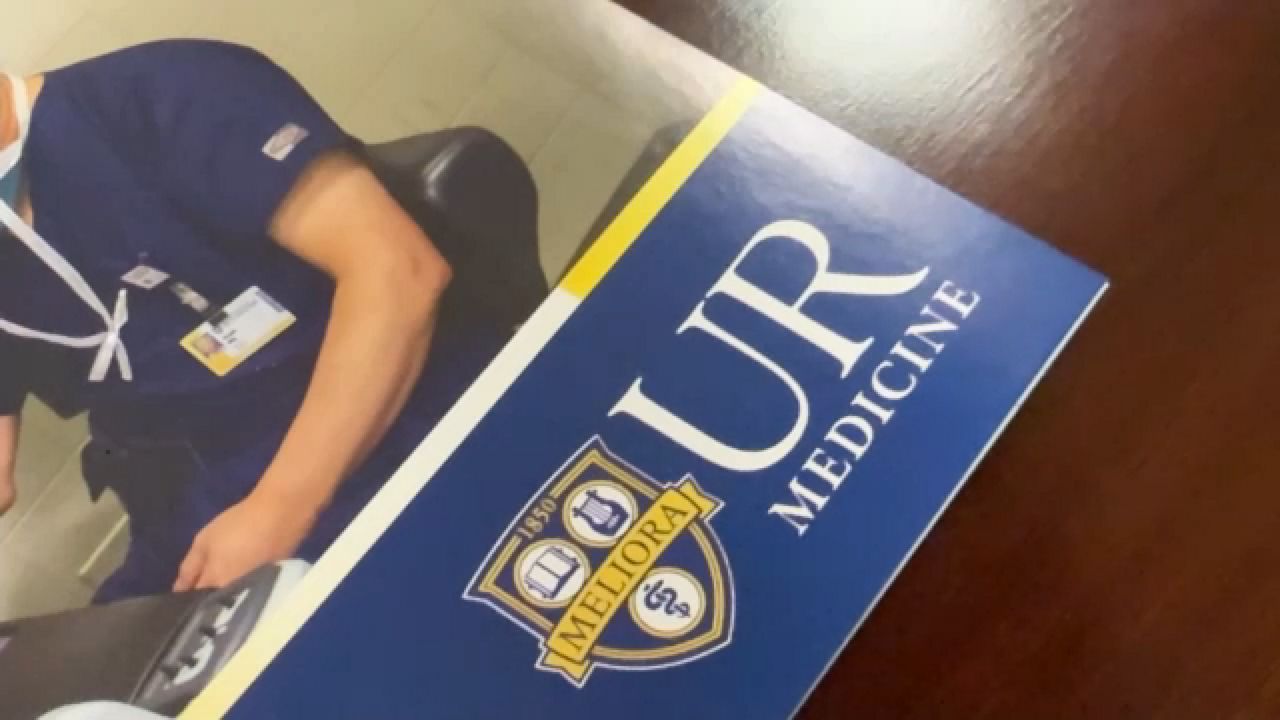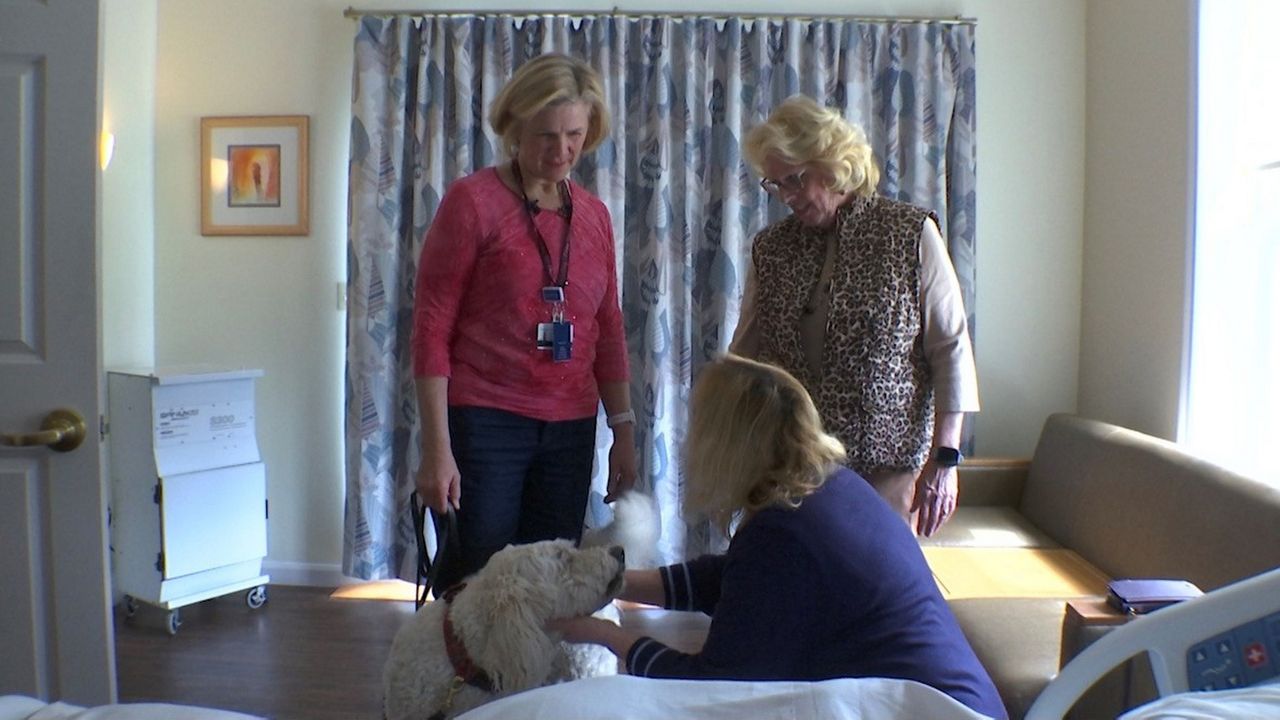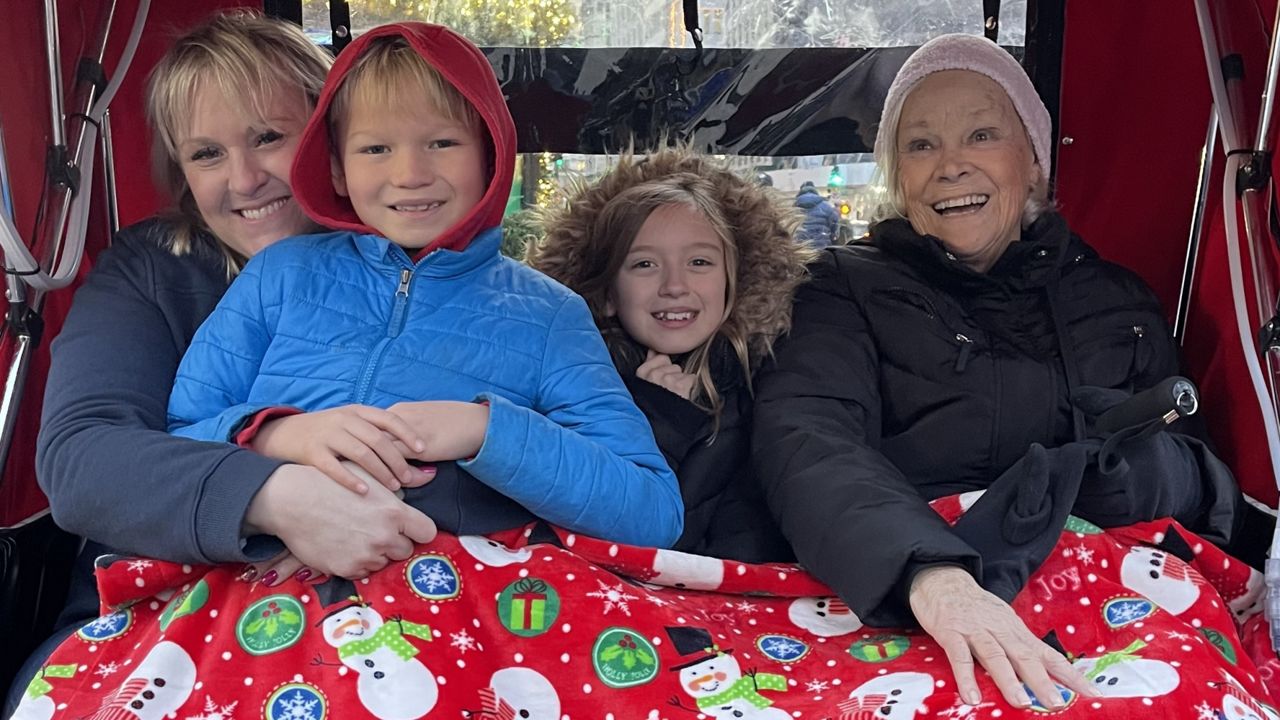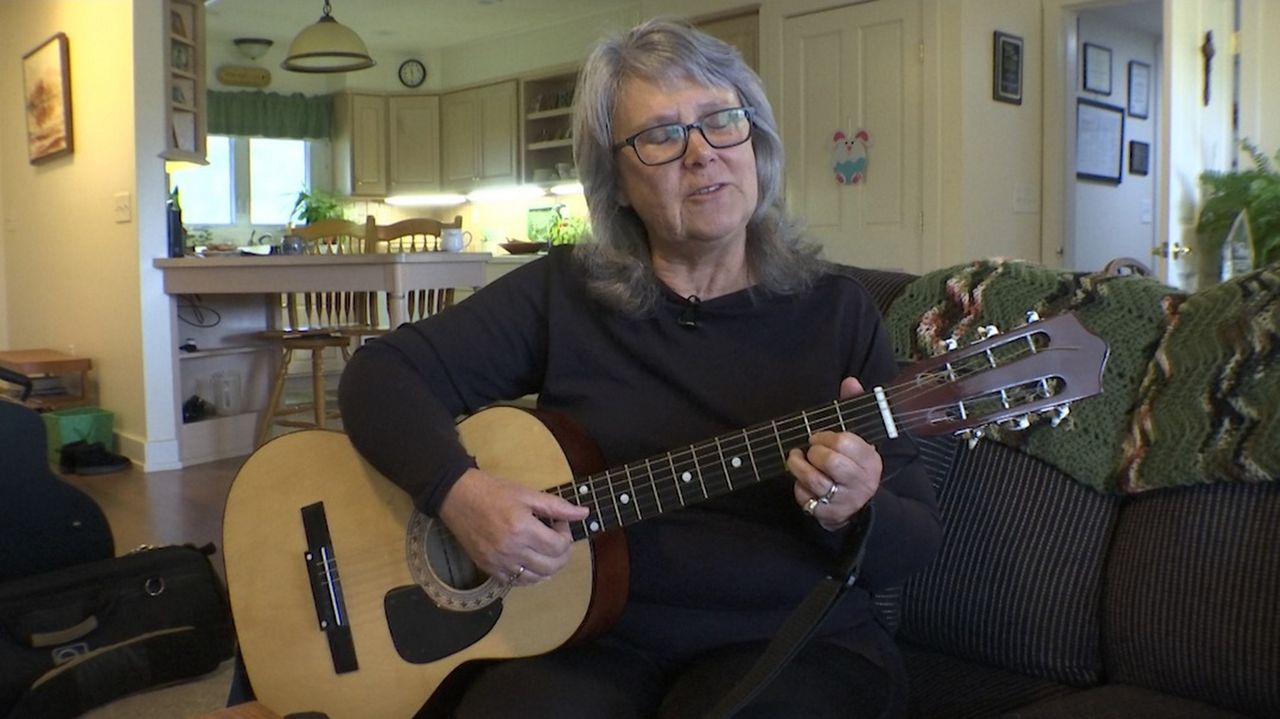Since the pandemic, the amount of people who struggle with body image and maintaining a healthy relationship with food has increased, according to professionals at a Rochester eating disorder treatment program.
“I’d say about junior high, high school is when I started to really develop eating disorder symptoms,” said Trista Redding, who is in recovery and a member Western New York Advisory Board for the Comprehensive Care Center for Eating Disorders.
Recovering from an eating disorder is not a linear process. It’s something individuals like Trista Redding, who’s struggled with an eating disorder for most of her life, know well.
“I couldn’t go places,” Redding said. “It was keeping me home, what to wear, what not to wear, what to eat, what not to eat. Again, it was just a prison that it had me in.”
Through her recovery process, Redding met Maggie Quinn, a life coach at Western New York Comprehensive Care Center for Eating Disorders for individuals, and they were able to bond over their experiences.
“My struggle was depression and basically I had to take myself through a process of self-acceptance and self-love,” Quinn said. “I mean that is truly how I recovered from this. [I went] from a place of self-loathing to a place of self-love and self-acceptance.”
But for many individuals like Redding, the pandemic made getting to that place even harder.
“During COVID I think definitely my eating disorder took advantage of that time,” said Redding.
According to the Strategic Training Initiative for Eating Disorders, 9% of New Yorkers will have an eating disorder in their lifetime, and professionals at treatment programs like at The Healing Connection say that they’ve seen a nearly 25% increase in the number of adolescents that are struggling since the pandemic.
”Especially because a lot of the format was switched to virtual during that time frame,” said Morgan Camman, clinical director of the partial hospitalization program at The Healing Connection. “We were actually the only program that remained in program for our partial program. We utilized mask mandates. We separated everybody six feet. And we noticed feedback from a lot of patients that that was beneficial during the pandemic for them to be in person and connect.”
And the significance of connection led Redding and Quinn to create the Prep Program, a six-week program that works directly with individuals to reframe their relationship with food through the meal-preparing process.
“For me going through treatment this would’ve been amazing after being an outpatient to be able to come someplace and meal prep with others and make it a fun, sociable thing around food,” Redding said.
The program will be held in the Commissary Kitchen and will officially kick off at the end of March.
“The hope with this idea we came up with is to really help them look at the process from a different lens, a lens that’s more empowering, a lens that they can build confidence from,” said Quinn.
It’s a difference Redding can already feel.
“Instead of looking at food and looking at the calorie count, or looking at the calorie count or looking at what the types of different things that are in that food I am looking at the nutritional value of the food and what it’s going to do for my body and how it’s going to help me,” she said.










